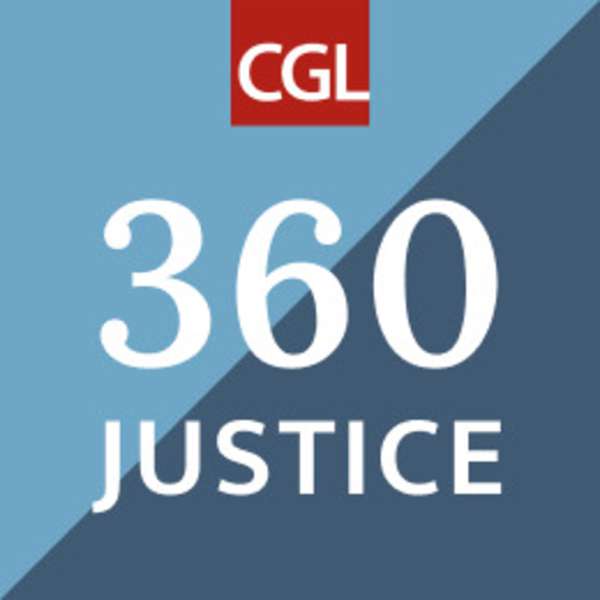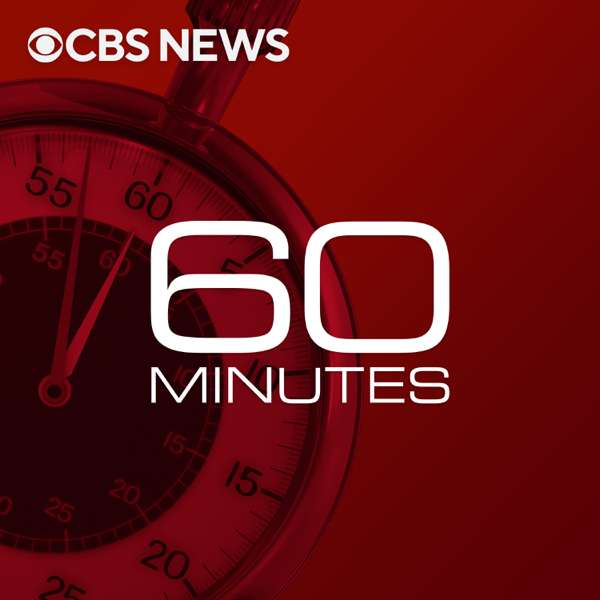We need to talk about buses. Yes, buses. And inequality. The issue that nobody’s talking about.
Since the 80s, transport across the world has been privatized – fueling an inequality crisis that undermines our human rights.
Liz, Max and Nabil chat to Bassam Khawaja (Co-Director, Human Rights and Privatization Project, NYU Law School Center for Human Rights and Global Justice) and Matteo Rizzo (Senior Lecturer in Development Studies - SOAS University of London) who know lots about buses.
We ask: What do buses have to do with inequality in countries from the UK to Tanzania? What did privatization do? What is this new Bus Rapid Transit (BRT) system springing up in developing countries all about? What are the solutions?
Bassam and his co-authors recently made headlines about the privatization of large parts of UK’s transport system, writing a report on its failures. It shows that, despite the government promising that a privatized system would lead to “lower fares, new services, and more passengers”, while removing “any potential future liability on the taxpayer”, that has not been the case.
Matteo, who lived in Dar es Salaam for 6 years has researched new bus systems. His recent publications cover work and employment; BRT’s exclusionary nature and neoliberalism and precarious labour in relation to public transport in developing countries.
Please do share the episode on your social media.
If you’re joining us on EQUALS for the first time, tune in to our earlier interviews – from talking with the award-winning journalist Gary Younge on what we can learn from Martin Luther King Jr to fight inequality, to best-selling author Anand Giridharadas on whether we need billionaires, Zambian music artist PilAto on the power of music, thinker Ece Temelkuran on beating fascism, climate activist Hindou Ibrahim on nature, and the Managing Director of the International Monetary Fund Kristalina Georgieva on what comes after the pandemic.
Don't just listen, join thousands of others reading our weekly digest on inequality. Sign up at https://www.equals.ink/
Hosted on Acast. See acast.com/privacy for more information.

 Our TOPPODCAST Picks
Our TOPPODCAST Picks  Stay Connected
Stay Connected







